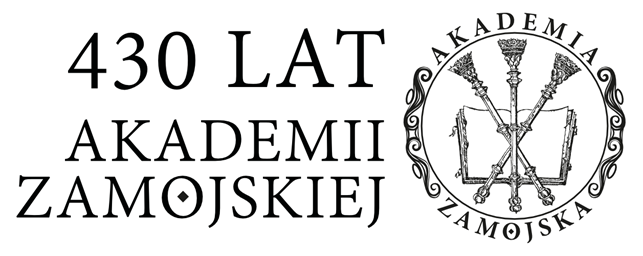Otokar Rudke: Living in the Political, Cultural and Social Polish–German Borderlands
Abstract
Otokar Rudke was a forest district manager who was living and acting on the verge between political, cultural and social area. He was born in the family of landowners and owners of industrial plants but after World War ii he renounced his origin and described himself as a son of a peasant (social borderland). During interwar period he worked in the forest district of Przysucha (Kielce region) and after World War II – in the forest district of Kudypy (Warmia region).
His ancestors came from the Finnish family, whereas he considered himself as a Pole and he was urged to sign Volkslist (German People’s List) during German occupation. He refused to do it however he had to work in Warmia region, among many people of the native population (cultural borderland).
In his youth acted in PPS (Polish Socialist Party), after World War II he was a member of PZPR (Polish United Workers Party). However, he was quickly expelled from the Party and was imprisoned by communist authorities and forced to cooperate with SB – Security Service (political borderland).
Keywords:
Otokar Rudke, strangeness, biography, Przysucha Forest District, forester, family traditionsMost read articles by the same author(s)
- Izabela Lewandowska, Father Johannes Gehrmann amid Poland and Germany , Biografistyka Pedagogiczna [Biographical Studies in Education]: Vol. 7 No. 2 (2022): Biografia w miejscu/miejsce w biografii
- Izabela Lewandowska, Józef Malewski (1888-1948): A Local Patriot of Warmia , Biografistyka Pedagogiczna [Biographical Studies in Education]: Vol. 4 No. 1 (2019)
Details
References
Statistics
Authors
Citation rules
Licence

This work is licensed under a Creative Commons Attribution-NonCommercial-NoDerivatives 4.0 International License.


 Język Polski
Język Polski
 English
English
 Italiano
Italiano

